by Arnie Fenner
The quick answer is: Sure they do.
Which perhaps naturally leads to the question: Do I need to win an art award to make me successful?
And, just as naturally, the answer is: Nope.
There are all sorts of opinions when it comes to awards and art competitions and a little searching will quickly find those who will insist that all awards are meaningless and that artists shouldn’t “compete,” not no way, not no how. My response is always the same:
Baloney.
In ways both big and small, life is a competition, from the moment we draw our first breath to the day we exhale our last. We compete with others in either subtle or overt ways for mates, jobs, commissions, parking spots, concert tickets, in sports, for SDCCI hotel rooms, seats on a plane, living spaces; and we compete with ourselves to get better at what we do. Everyone competes with everyone for everything in some way every day, artists included.
When the list of entrants selected for inclusion in Spectrum 22 was posted there were, of course, those that were happy and those who were disappointed—and, certainly, some that were angry. There were plenty of expressions of shock, dismay, sarcasm, and dismissal floating around social media following the announcement; that’s to be expected, really. What struck me was the failure—of some—to realize two simple realities:
1] The only thing public fussing accomplishes is to rain on the parade of those who did make it through the tough jury process. A little grace, after all, is part of being a pro. And…
2] If it wasn’t difficult to get in—if everyone who entered was included in Spectrum—it wouldn’t mean anything.
Honestly, I see most types of competition as healthy; it keeps us sharp and can motivate us to improve. “Winning” helps us learn to deal with success; “losing” helps us learn to deal with disappointment and, hopefully, pushes us to try harder. Yeah, there are always those who make “winning” or “losing” ugly, but that’s part of life, too, and learning how to handle, if not overcome, society’s buttheads is a form of competition, too.
But when it comes to art awards…well, they’re not competitions.
No. They’re not.
“Beating” another artist doesn’t enter into it. That’s not what art awards are about. I don’t even like the term of “best” used to describe an award or recipient because, as I’ve said in the past elsewhere, there are a lot of simultaneous “bests” in the world. I prefer to see an award as recognition for an exemplary work, not as a generalized coronation.
Above left to right: The SoI Medal; the Caldecott Medal for best illustrated children’s book.
Certainly candidates are somehow chosen (depending on each awards’ criteria) and just as certainly recipients are selected, but though there have been instances of electioneering in fannish circles I don’t think an award is anything that an artist can deliberately pursue. Nor should awards really be a goal or reason for creating work: much like basing your financial future on a plan to buy a winning lottery ticket it’s really little more than wishing and hoping because receiving any sort of accolade is never a guarantee.
A medal from the Society of Illustrators or a Caldecotte have long been the penultimate honors (other than, I guess maybe, a Pulitzer), but the highest-profile award for the field for many years was—no, not “the coveted Balrog,” as George R.R. Martin liked to describe it—the Best Professional Artist Hugo, voted on by the members of the World Science Fiction Convention. A score-plus of noteworthy illustrators have won the Best Artist Hugo since they started presenting it in 1955, but it’s also true that the names of worthy SFF creators that have never won (much less been nominated) are legion. And diversity? Hmmm. The World Fantasy Award (selected by a different jury each year, none of whom, to the best of my knowledge, have been illustrators) was established in 1975 and, like the Hugo, boasts an equal list of deserving honorees and of unfortunate oversights. The Chesley Awards, created in 1985, are presented by the members of the Association of Science Fiction & Fantasy Artists and has worked hard to reflect the broad parameters of genre art.
Anyway, the art world isn’t like peewee soccer where everyone gets a trophy for showing up: regardless of years in the trenches, regardless of skill, regardless of popularity or monetary success, receiving an award, as I said, is never a given. “For there are many called, but few are chosen.” Whether it’s a Caldecott, Hugo, Society of Illustrators Medal, Chesley, World Fantasy, or a Spectrum Award, there is significance in both being nominated and in winning; it’s a recognition of achievement, a mark of distinction, made even more significant when it comes from a jury of your peers.
If there seems to be those who receive a number of awards over the years, it’s not because of nepotism, cliques, favoritism, politics, or pay-offs (the easy fall-back accusations by the disappointed): it’s because of the quality of the work. Some artists hit their peek at just the right moment in their careers and their peers—the juries—respond. Fan awards or monetary competition prizes (almost always picked from the pockets of other artists) are different beasts entirely and either habits or agendas (or electioneering) can enter into who gets what and how often, but when it comes to peer awards—artists to artists—there’s a purity that adds meaning to the honor. The awards are encouragements; they’re a form of respect, gentle validation, belief, and support.
Awards aren’t won, they’re earned.
And, yes, a major award can help an artist’s career; it can raise their profile and grab the attention of art directors, publishers, licensors, ad agencies, and collectors. The career benefits can be significant and long-lasting.



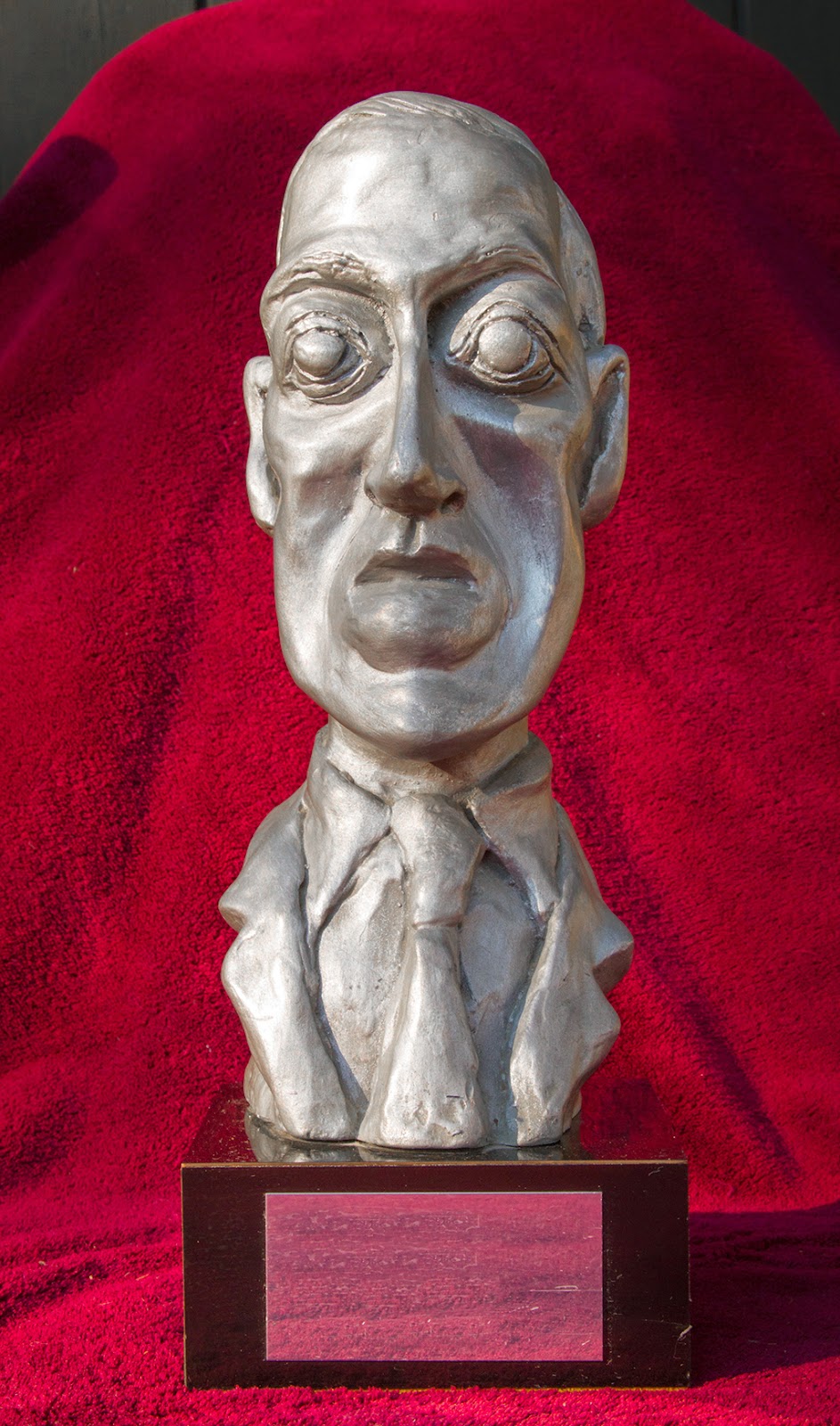
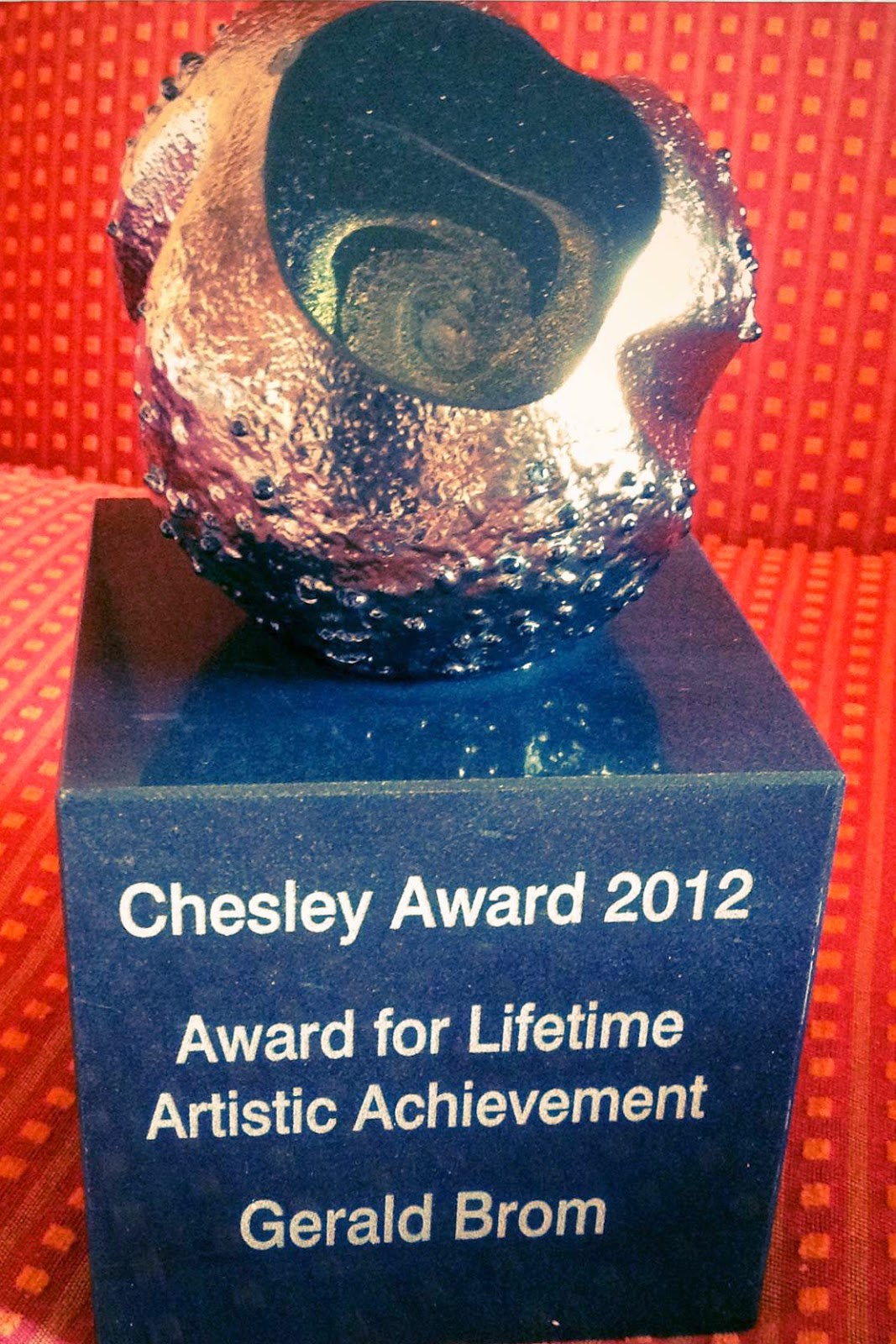
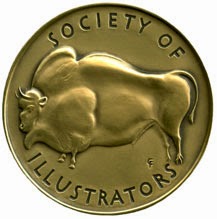
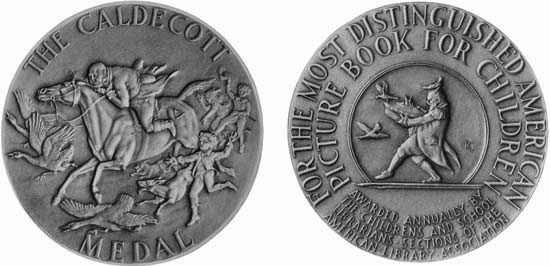
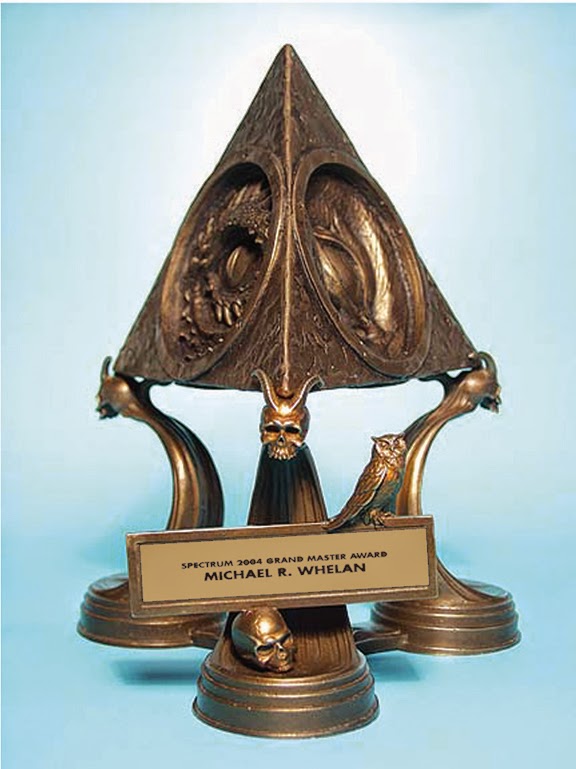
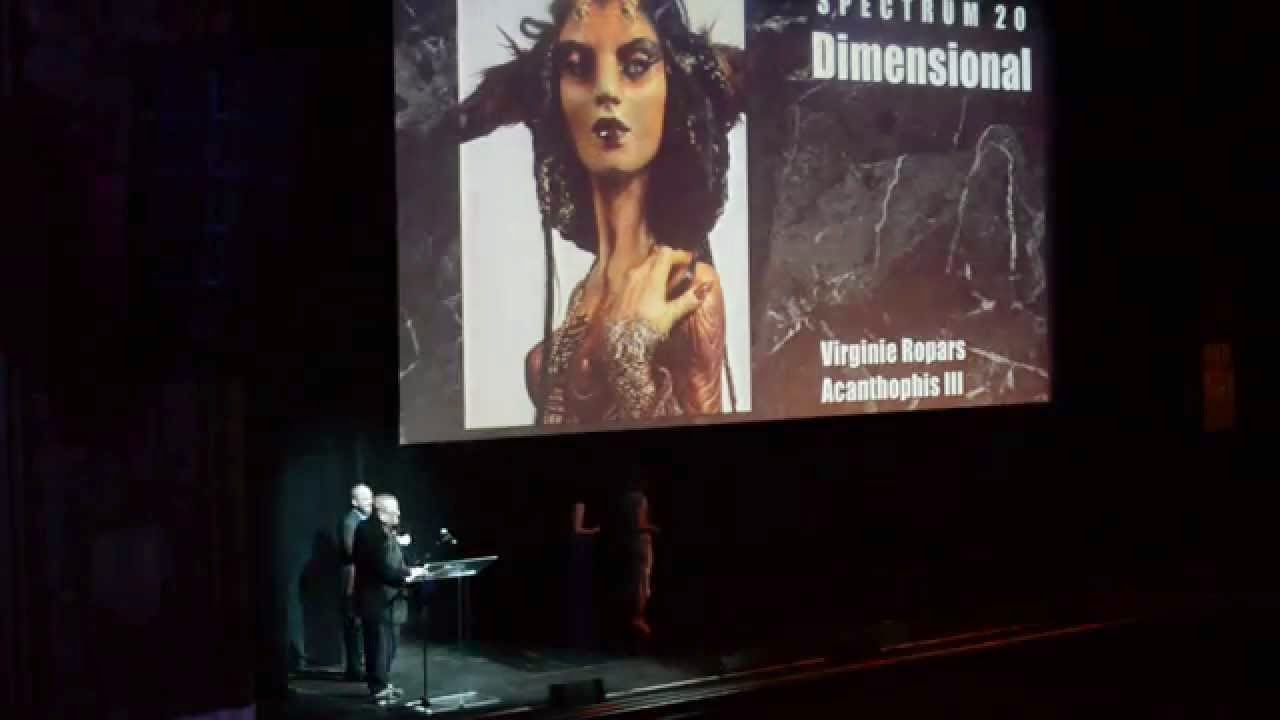
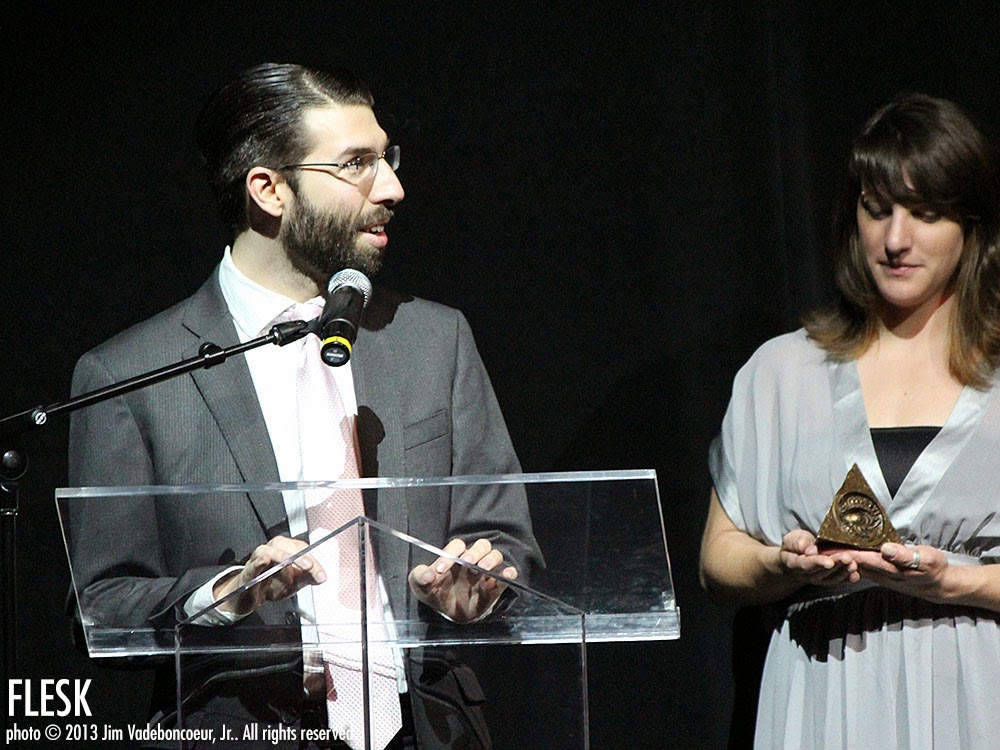
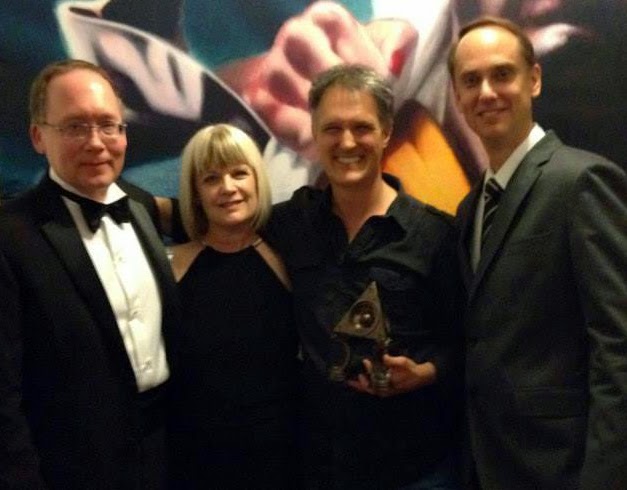
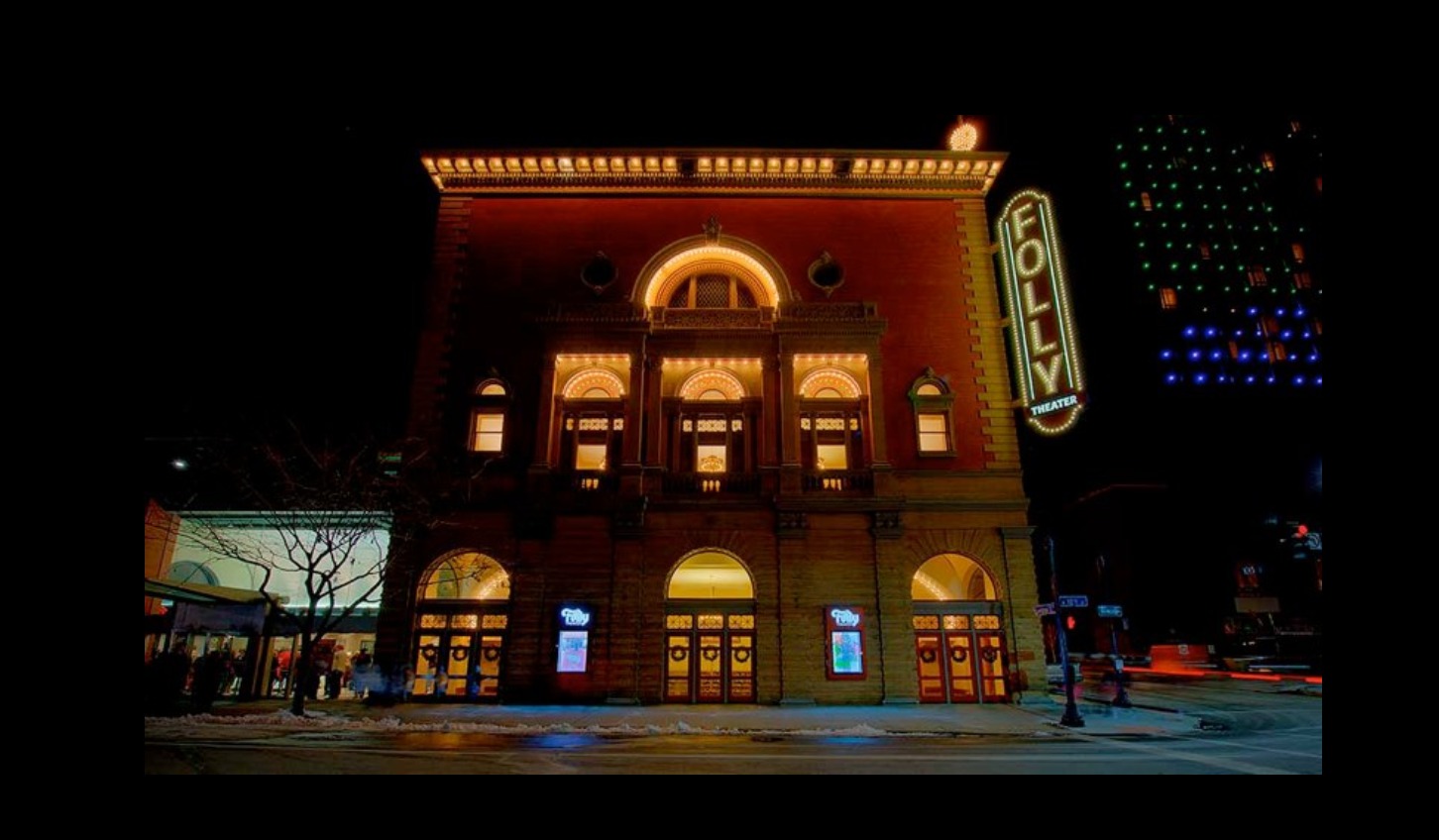
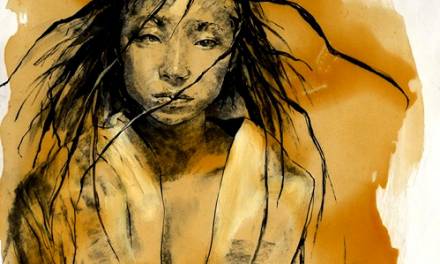
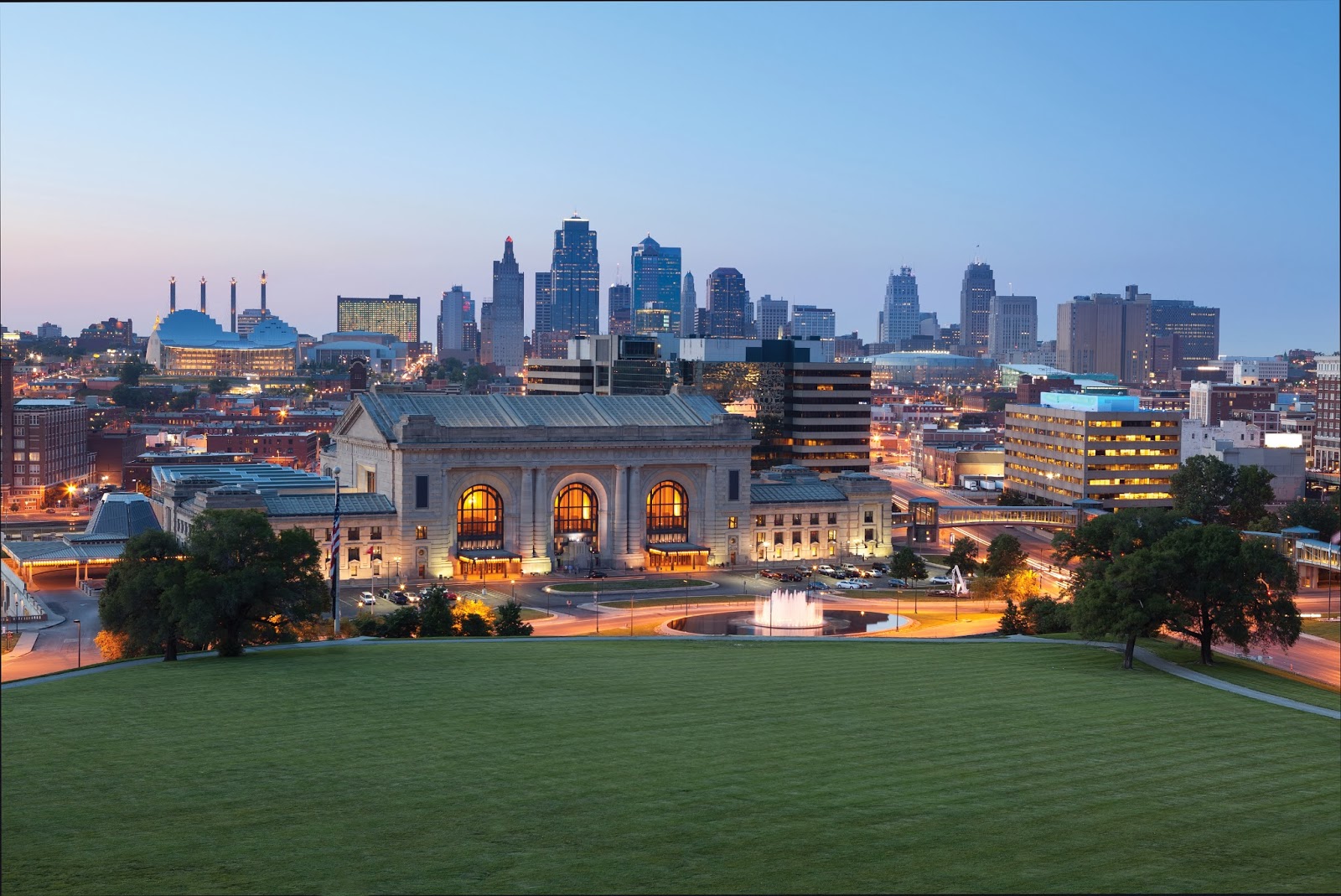
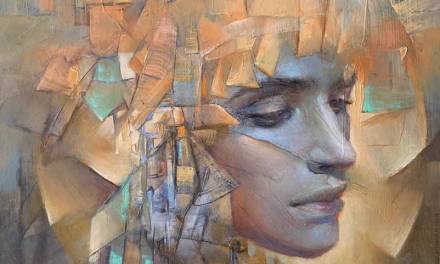
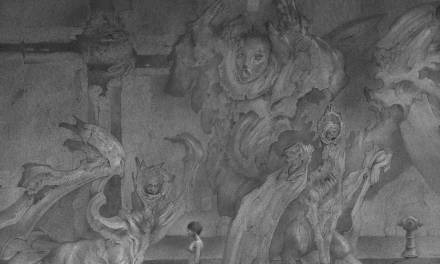
Excellent, post, Arnie. I am notoriously an anti-awardite myself, but I think you make some excellent points. We had a long chat about this with Fleskes and Justin Gerard in CA, and I still feel an overwhelming ambivalence towards them, but I think you helped clarify here that it's more one directed at how we misunderstand awards, rather than the awards themselves. I think I've got my idea for this week's post now- thanks.
We compete for work every day when we put our work out there. I am the least competitive person I know, but putting oneself out there is competition of a kind. The annuals and awards thing has just become being a part of a community for me. I live in Boise, ID. Not the most connected place. So I have, over the years, sought out places to connect. Aside from the advertising that annuals provide I feel a little like I belong. And then events like Spectrum Live and other cons etc. help me to connect on that all important personal level. Getting into the books and of course winning awards is a treat but supporting a community that is trying to further an art form that for decades had been the poor stepchild of the illustration world is a worthy goal in an of itself. Last thing-just be careful of the competitions you support. A lot of scammy bad, or just ignorant people out there.
Well said Arnie! I hadn't expected awards to be such a combative issue. I guess for me I am just so glad that we have a place where we can come together and celebrate the achievements of people working in this field of fantasy art.
I also think imaginative realism has such a rich, interesting history and I am sad to see it overlooked in the art world. I love that Spectrum both allows us to encourage people who are struggling to create engaging artwork and also spreads awareness of it in the art world.
Greg, John, Annie and Virginie and I had some great discussions this in San Francisco!
I think that it is really difficult to choose a first place, second place, third place and the nature of awards can leave some people feeling defeated and left out. But still I think that it encourages people to really push themselves to the limit to create the absolute best work that they can. I think when we have awards we see better, more creative work and everybody benefits from that.
Man, I can't wait to see those new awards! The current one is so fantastic, the Pooles definitely have their work cut out or them.
I think the whole WFC award thing with the HPL bust is just kind of silly and a reason for people to get their pants in a bunch, as with the times we live in. I have a bunch of awards both known and not so well known(one from The Godzilla Society of North America called The Mangled Skyscraper Award…”OH! Gee! An award that features a destroyed skyscraper! We have to change that to be more sensitive after 9/11 oh dear! Oh dear!!…” ) and all were fun in one way or another. But now it's fun to see others get their awards. The last thing ANY artist can be is hung up on awards. They're more fun than anything but ultimately the best award is the fact an artist has the talent to create amazing images and see things that many others can't. Age and wisdom bring that realization, life is too short to worry about status or agendas. Move on, have fun, create.
Very nicely done. Awards ARE important as you say, for community but also for encouragement. Awards help make our heroes and social mythic achievers. This is what drives people to become what their heart tells them they are. We need these heroes and myths. Thanks too for mentioning the Chesleys!